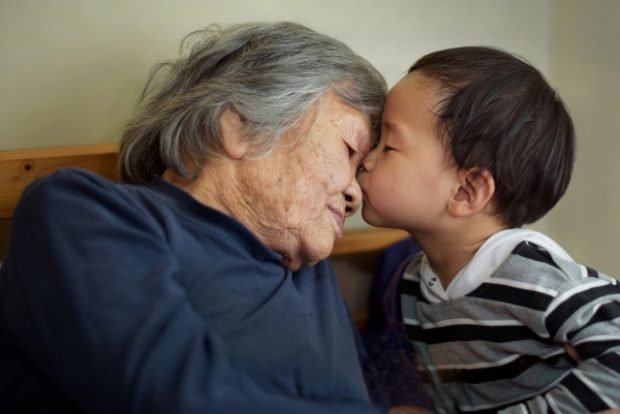Older adults more respected in Japan, China and Korea than in US

Bias against older adults is more widespread in the United States than in Japan. Image: IStock/Laikwunfai via AFP Relaxnews.
Will age bias ever end? Maybe, in certain countries. However, prejudices against older adults seem rather widespread in more individualistic countries, according to a team of researchers from Michigan State University. Two studies published in the Personality and Social Psychology Bulletin and European Journal of Social Psychology showed that such biases differed from one country to another and can impact our elders’ health.
To come to their conclusions, the researchers used the Implicit Association Test, which measures the strength of a person’s subconscious associations, on more than a total of 800,000 participants in each study from the Project Implicit database. Their main goal was to determine the general population’s bias against aging.
“Older adults are one of the only stigmatized groups that we all become part of some day. And that’s always struck me as interesting — that we would treat so poorly a group of people that we’re destined to become someday. Making more equitable environments for older adults are even in younger people’s self-interests,” said William Chopik, assistant professor of psychology from the Michigan State University and author of the studies.
The first study, which focused on the proportion of prejudices in each country, showed that participants from a more collectivistic culture, like Japan, China, Korea, India and Brazil were less inclined to be prejudiced against old age.
On the other hand, the most individualistic countries, less focused on cohesion and group harmony like the United States, Germany, Ireland, South Africa and Australia, had a stronger bias against older people and were more focused on maintaining a youthful and active appearance.
Such biases are detrimental to old people’s health
For their second study, the researchers analyzed certain U.S. states in detail and surveyed the impact of such biases on the health of older adults. They discovered that biases were strongest in southern and northeastern states. Most importantly, they found these states recorded lower life expectancies. In the same vein, Medicare costs were also higher in states that were more biased against older adults, community engagement was lower and access to care was also more limited.
“Both of our studies demonstrate how local environments affect people’s attitudes and the lives of older adults. We grow up in our environments and they shape us in pretty important ways and in ways we don’t even realize. Being exposed to policies and attitudes at a country level can shape how you interact with older adults,” said Chopik.
“At the state level in the United States, how you treat older adults has important implications for them — for example, their health and how long older people live — and even the economy, like how much money we spend on older adults’ health care,” he added. CC
RELATED STORIES:
Coronavirus pandemic deepen’s Japan’s demographic crisis